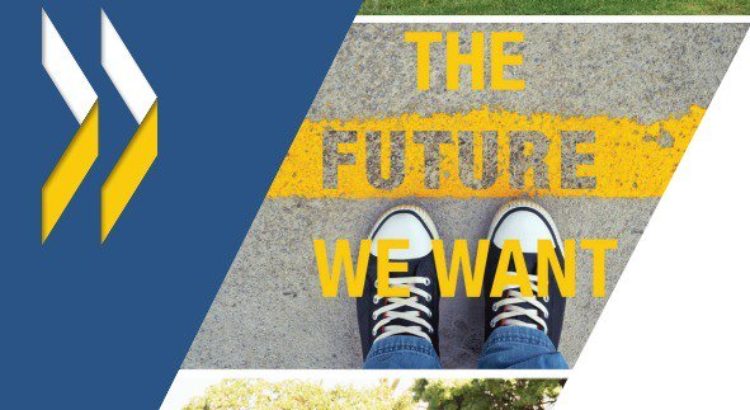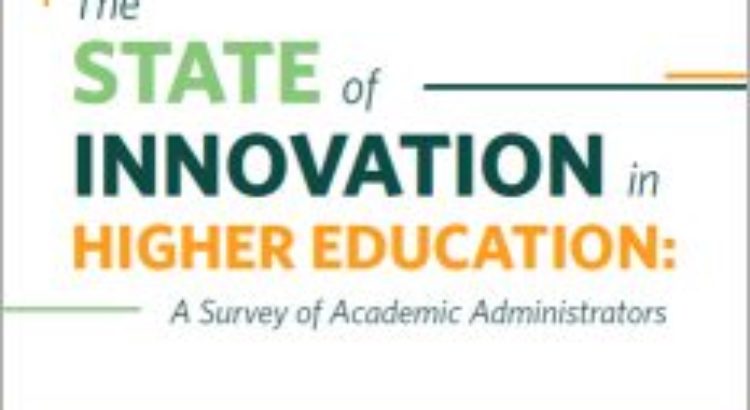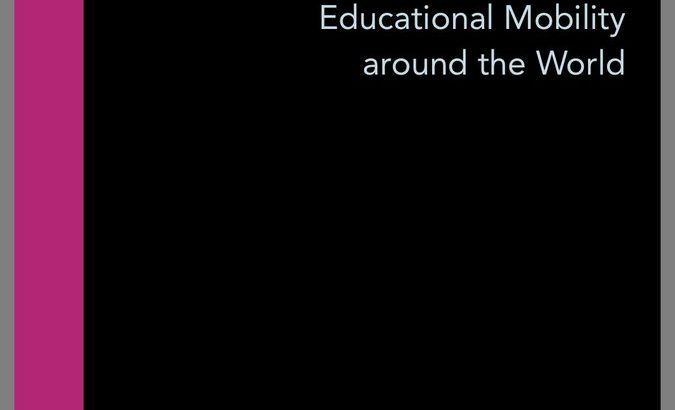Europa / 19 de Noviembre de 2017 / Autor: Alexandra Hanna Licht, Evita Tasiopoulou, Patricia Wastiau / Fuente: European School Net
Launched at EMINENT 2017, the ‘Open Book of Educational Innovation’examines how innovation, especially technology-inspired innovation is defined, showcasing over a hundred ground-breaking initiatives in schools across Europe.
Innovation in education is a tough challenge: it is hard to identify it and to know when it can be considered mature enough to be evaluated. And yet, innovation happens daily in education everywhere, but it is normally hidden away, too granular, too small-scale to attract widespread attention. We also do not have easy and accepted ways of modelling innovation: top-down versus bottom-up; the process from idea to implementation and evaluation; how fertile and receptive our educational ecosystems are; and of course the role of education authorities in capturing, supporting, and sharing innovation.
The ‘Open Book of Educational Innovation’ is European Schoolet’s first attempt to start making educational innovation more visible, pin down what it is, how it comes about, and how it can be fostered, evaluated and then disseminated. It is intended to support all those involved in education innovation: policymakers who can help to create the right conditions; practitioners eager to learn and innovate; those who conduct research on innovation; and foundations and enterprises which can fund and promote innovative practices.
So what next? In our next edition of our Open Book of Educational Innovation, we hope to widen our sources and partners to enable us to provide an even richer and more diversified map of innovation. We would happy be to hear what you think of this first edition and get in touch if you have any comments or ideas for our next edition.
Link for download:
http://www.eun.org/documents/411753/817341/Open_book_of_Innovational_Education.pdf/c1044658-5793-408c-8acb-a041338111ef
http://www.eun.org/news/detail?articleId=855836









 Users Today : 59
Users Today : 59 Total Users : 35459965
Total Users : 35459965 Views Today : 74
Views Today : 74 Total views : 3418539
Total views : 3418539